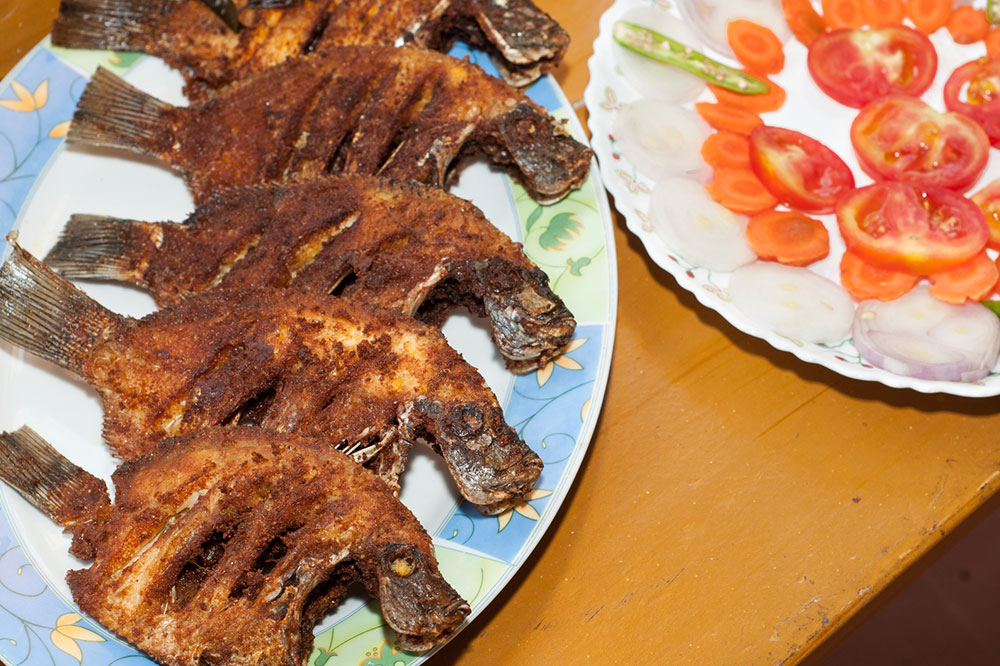
Foods That Help Manage Eczema and Atopic Dermatitis
Eczematous dermatitis has various causes, while atopic dermatitis is one of the most common conditions. Atopy affects all races and ages and about 1% to 2% suffers skin rashes, mostly children. Eczema flares are triggered by an allergic reaction to specific foods. Every eczema patient knows how painful, dry, and cracked their skin could get. No amount of moisturizer alleviates the itch and the embarrassment of scratching. A new way to combat this itch is through diet. When eczema patients avoid foods high in histamine, they can avoid an allergic response. The foods listed below help decrease inflammation, promote skin repair, and are said to be safe for consumption for eczema patients.
- Bananas
- Green onions – are a rich source of vitamin K, which is important for healthy skin
- Buckwheat – has a strong anti-inflammatory effect
- Mung bean sprouts
- Rice milk
- Beef or chicken broth – it provides the amino acid glycine that helps in repairing skin.
Other healthy foods for eczema patients include fish, beans, papaya, oats, sweet potato, beetroot, and flaxseed. Eating an anti-inflammatory diet will surely help in lessening the symptoms of eczema. Fatty fish like herring and salmon can also help reduce symptoms. Fish oils have high levels of Omega 3 anti-inflammatory fatty acids. Intake of at least 250 mg of Omega 3 fatty acids per day is recommended, preferably from foods — this is why maintaining a good diet is beneficial. Listed below are some foods that can be included in an eczema patient’s daily diet to reduce symptoms of the condition.
- Quercetin is a powerful antioxidant and antihistamine. It is a plant-based flavonoid that gives flowers, fruits, and vegetables their rich color. It reduces inflammation and levels of histamine in the body. This flavonoid is present in apples, cherries, blueberries, spinach, kale, and broccoli, to name a few.
- Live cultures in yogurt are probiotic foods. They support a strong immune system and reduce flare-ups and allergic reactions. Sourdough bread, miso soup, fermented pickles, soft cheese, unpasteurized sauerkraut, kefir, and tempeh are foods rich in probiotics.
- As eczema is an immune-related condition, the idea is to maintain an overall healthy intake of nutrition. An eczema diet works by incorporating safe foods and eliminating trigger foods. But cooking foods in a way that they are balanced so that no nutrient is lost is the most important way to manage eczema. Nutrients help decrease inflammation and promote skin repair and maintenance.
Here are some simple ways to cook foods that are ideal for patients with eczema
- Get creative and whip up an instant rice congee with rice, chicken, and bone broth. It is filled with protein, glycine, collagen, and calcium — all of which help in managing eczema symptoms. Adding spring onions, which are rich in histamine, make for the perfect dietary change to manage eczema and atopic dermatitis.
- A simple vegan banana pancake would be a tasty and effective dietary change to manage eczema and atopic dermatitis. This is because bananas are high in potassium, making them alkaline. Thus, they are the ideal fruit that can be consumed by an eczema patient.
- Sweet potatoes are loaded with alkalizing potassium, beta carotene, calcium, magnesium, and vitamin C. They can be consumed with beets, which have more alkalizing properties and antioxidants, in a roasted vegetable dish. This is the best dish that’s suitable for people suffering from eczema.


